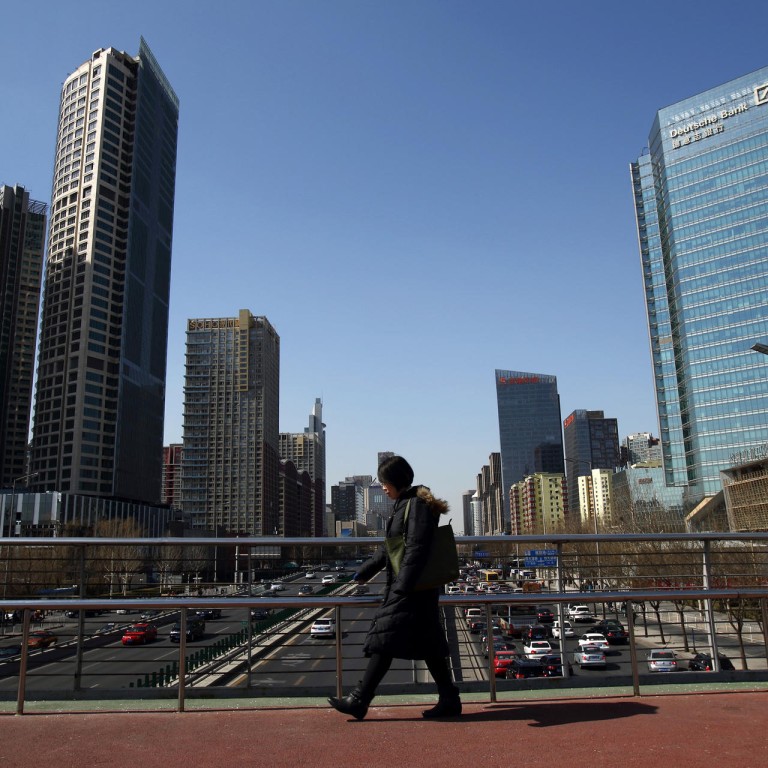
Kaisa's woes persist despite removal of Shenzhen sales ban
Removal of sales ban not helpful to relieve Chinese developer Kaisa's cash strain
Shenzhen authorities have started to lift the sales ban against projects by Kaisa Group Holdings, but troubles are far from over for the developer.
The city restricted Kaisa from selling thousands of flats four months ago, which quickly pushed the developer to the brink of bankruptcy as its cash flow evaporated.
The local government's website on Tuesday showed most of the unsold flats were labelled as "frozen by court" instead of the previous "restricted by the housing bureau".
Neither the government nor the company has explained the latest change, just as they have never said why the restriction was imposed.
Such a ban was unprecedented in the mainland's property industry. Media reports said Kaisa was under investigation for its close relations to disgraced former senior officials in President Xi Jinping's anti-graft campaign.
"It means no change to offshore creditors as they still have no access to Kaisa's assets, inferior to onshore creditors," said Matthew Kong, an analyst at Standard & Poor's.
Kaisa last week missed the deadline to file its earnings for last year because auditors require more time to ascertain the developer's cash flow.
Sun Hongbin, the chairman of rival Sunac China Holdings, who proposed to acquire Kaisa in February, warned creditors on March 24 of worse-than-expected results and urged them to cooperate in order to finish Kaisa's debt restructuring as soon as possible. Otherwise, Sunac will walk away from the deal.
"Every project is used as collateral to multiple banks - 24 in one extreme case," Sun told reporters, adding that lifting the sales ban would not help relieve Kaisa's cash strain as it would still be unable to sell the projects.
Removal of the sales restriction and a successful debt overhaul are preconditions for Sunac to buy 49.3 per cent of the Kaisa stake held by former chairman Kwok Ying-shing's family trust for HK$4.55 billion. It will also buy the rest of Kaisa's shares it does not own at HK$1.80 each.
Investors still want to know what role the Shenzhen government plays in arranging an end to Kaisa's troubles and whether it supports a takeover by Sunac.
Time is running out as Kaisa nears the end of a one-month grace period to remedy its failed interest payment for two notes next week. If it fails again as Sun predicted, the company will become the mainland's third debt defaulter after Shanghai Chaori Solar Energy Science & Technology and internet firm Cloud Live Technology Group.
Kaisa narrowly escaped a default on an interest payment earlier this year, which froze the offshore bond market for mainland developers in January.
The developer had US$2.5 billion in offshore debt and US$7.6 billion in domestic debt at the end of last year. It was facing 80 pending legal cases on the mainland.
Last month, overseas bondholders rejected Kaisa's proposal to extend maturity by five more years and cut coupon rates by up to 66 per cent. Onshore creditors have yet to agree on a similar haircut plan.

